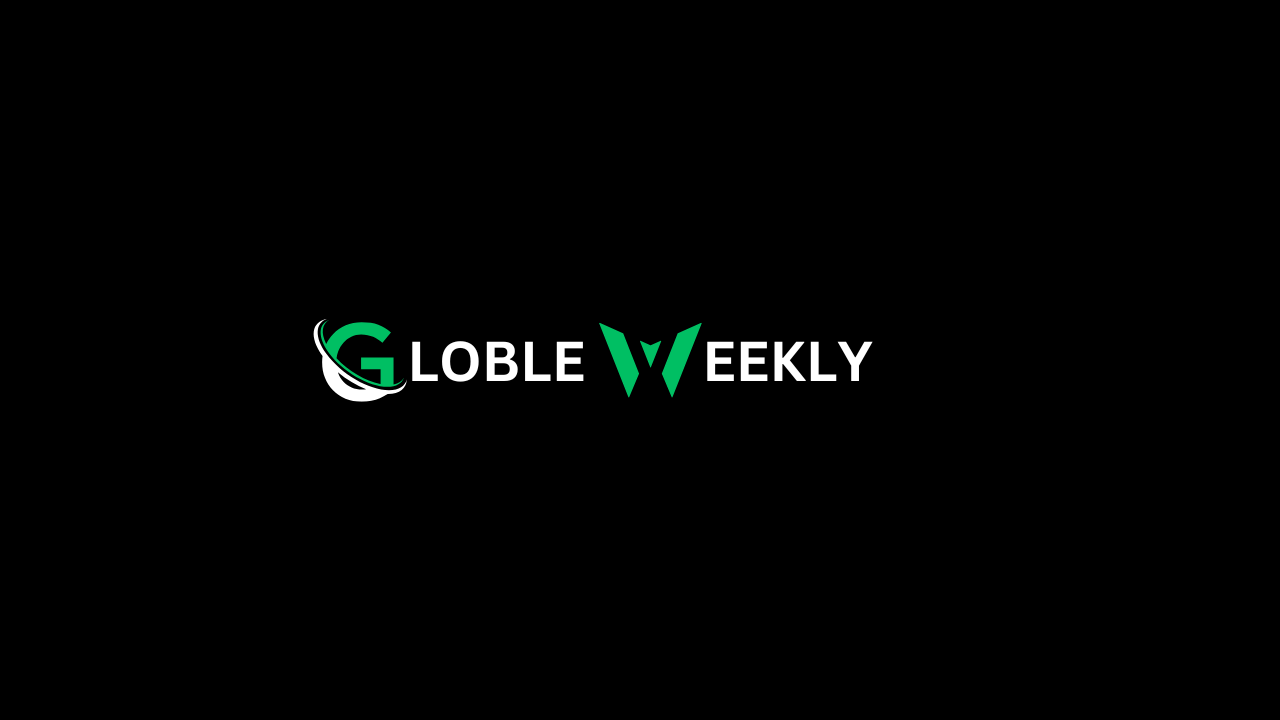Every website owner dreams of ranking on the first page of Google search, but with increasing competition, achieving this goal requires a strategic SEO approach. If you want to learn how to get on first page of Google Search David Aziz, this guide will walk you through proven SEO techniques to boost your rankings.
By following expert strategies and understanding Google’s ranking factors, you can improve your website’s visibility, attract more organic traffic, and stay ahead of competitors. Let’s dive into the most effective SEO practices that help you get on the first page of Google search successfully.
Understanding How Google Ranks Websites
Google’s algorithm evaluates multiple factors to determine which pages rank highest in search results. These include:
- Keyword Relevance – Pages must contain relevant search terms.
- Content Quality – Informative, unique, and engaging content ranks higher.
- User Experience – Mobile-friendly design, fast loading speeds, and low bounce rates impact rankings.
- Backlinks – Quality links from authoritative websites increase credibility.
- Technical SEO – Proper indexing, structured data, and site security improve visibility.
If you want how to get on first page of Google Search David Aziz, you must optimize your website for all these factors.
Keyword Research: Choosing the Right Search Terms
Using the right keywords is crucial for ranking on Google’s first page. Targeting high-volume and low-competition keywords improves your chances of success.
How to Find the Best Keywords
- Use tools like Google Keyword Planner and Ahrefs to discover high-ranking keywords.
- Analyze Google’s “People Also Ask” section for related search terms.
- Implement long-tail keywords, such as “how to get on first page of Google Search David Aziz,” which are easier to rank for.
By optimizing your content around the right kewords, you enhance your chances of ranking higher in search results.
Creating High-Quality Content That Google Loves
Google prioritizes websites that provide valuable, detailed, and unique content. If your content is engaging and informative, it is more likely to rank on Google’s first page.
Best Practices for Content Creation:
- Write long-form, well-researched articles (at least 1,500 words).
- Use clear headings (H1, H2, H3) to structure the content.
- Avoid keyword stuffing—place keywords naturally within the text.
- Provide actionable tips that help users solve problems.
If you consistently create high-quality content, you increase your website’s authority and ranking potential.
On-Page SEO: Optimizing Your Web Pages
Optimizing your website’s on-page elements significantly improves search rankings.
Essential On-Page SEO Techniques:
- Title Tag Optimization – Include your target keyword in the title.
- Meta Descriptions – Write compelling descriptions with primary and secondary keywords.
- Header Tags (H1, H2, H3, etc.) – Structure content properly for readability.
- Image Optimization – Use compressed images with alt text containing keywords.
- Internal Linking – Link to relevant pages within your website to improve navigation.
If done correctly, on-page SEO helps get on first page of Google Search David Aziz by making content more search-friendly.
Off-Page SEO: Building High-Quality Backlinks
Google considers backlinks as a major ranking factor. Websites with high-authority backlinks tend to rank higher.
Effective Ways to Get Backlinks:
- Guest Blogging – Contribute to industry blogs to earn backlinks.
- Outreach Campaigns – Request backlinks from reputable websites.
- Social Media Promotion – Share content on platforms like Twitter and LinkedIn.
- Broken Link Building – Find and replace broken links with your relevant content.
Backlinks act as “votes of confidence,” helping your site rank on Google’s first page faster.
Technical SEO: Ensuring Your Website is Search-Friendly
Technical SEO improves website performance and helps Google crawl and index your pages efficiently.
Key Technical SEO Elements:
- Mobile Optimization – Ensure your site is mobile-friendly.
- Website Speed – Optimize images and use caching to improve page load times.
- Secure Website (HTTPS) – Google prefers websites with SSL encryption.
- XML Sitemaps & Robots.txt – Guide search engines to crawl your pages correctly.
By focusing on technical SEO, you increase your chances of ranking on Google’s first page.
Understanding Google Algorithm Updates
Google frequently updates its algorithm, which affects website rankings. How to get on first page of Google Search David Aziz, you must stay updated on the latest SEO trends.
Recent Google Updates Impacting SEO:
- Helpful Content Update – Prioritizes user-focused, high-value content.
- Core Web Vitals Update – Evaluates page experience, loading speed, and interactivity.
- Spam Update – Penalizes sites using black-hat SEO tactics like keyword stuffing.
To maintain high rankings, always follow Google’s best practices.
Local SEO: Optimizing for Location-Based Searches
If you run a local business, appearing in Google’s Local Pack can drive more traffic.
Best Practices for Local SEO:
- Claim and optimize Google My Business (GMB).
- Encourage customer reviews and testimonials.
- Use location-specific keywords (e.g., “best SEO expert in New York”).
By optimizing for local SEO, you enhance your website’s visibility in regional searches.
Conclusion
If you want how to get on first page of Google Search David Aziz, you must implement a comprehensive SEO strategy. Focus on keyword research, high-quality content, on-page and off-page SEO, technical improvements, and Google’s latest updates to boost your rankings.
By applying these expert SEO strategies, your website will gain more visibility, attract organic traffic, and achieve top positions on Google’s first page.
FAQs
1. How long does it take to rank on Google’s first page?
It depends on competition and SEO efforts. Most websites take 3-6 months with proper optimization.
2. Can I rank without backlinks?
While possible, backlinks significantly improve your chances of getting on the first page of Google search.
3. Does updating content help SEO?
Yes, regularly updating old content with new information improves rankings.
4. What is the best free SEO tool?
Google Keyword Planner and Google Search Console are great for beginners.
5. Why is my website not ranking on Google?
Your site may need better keyword optimization, backlinks, and technical SEO improvements.

